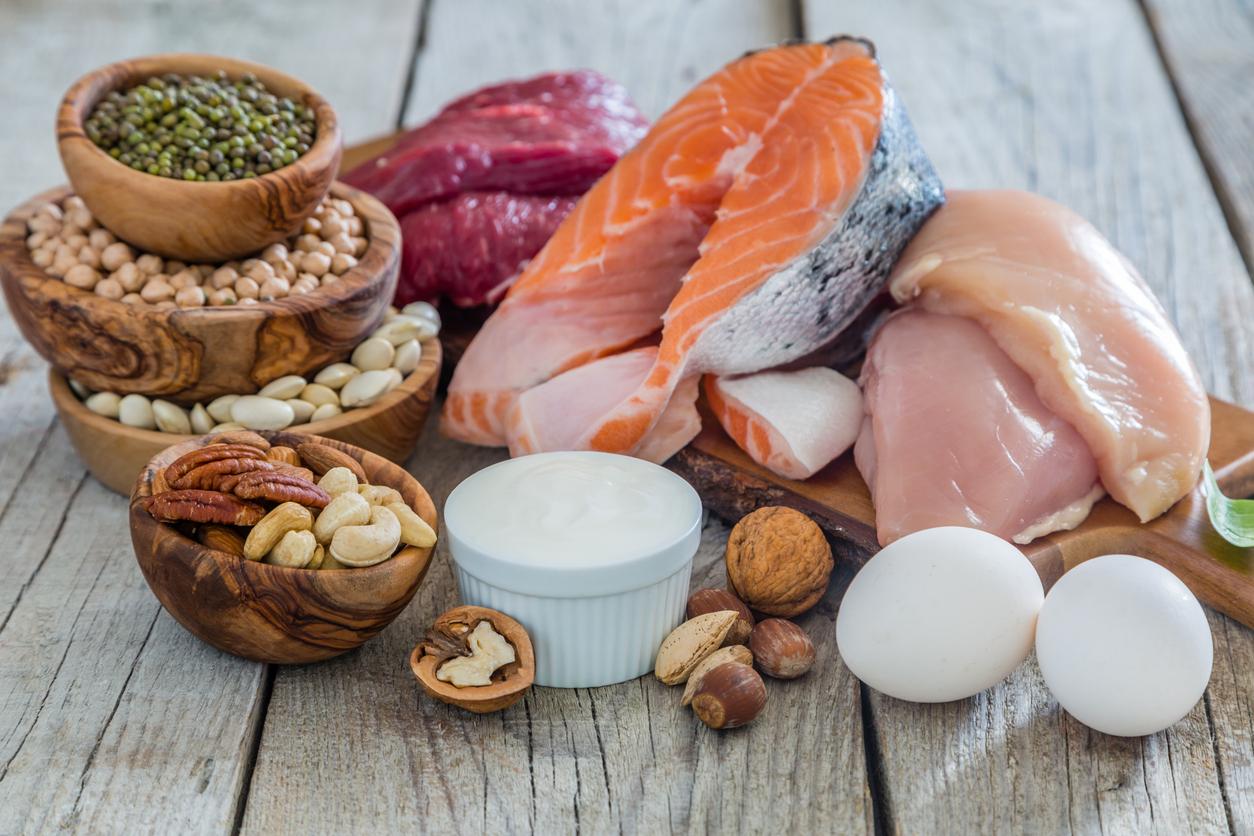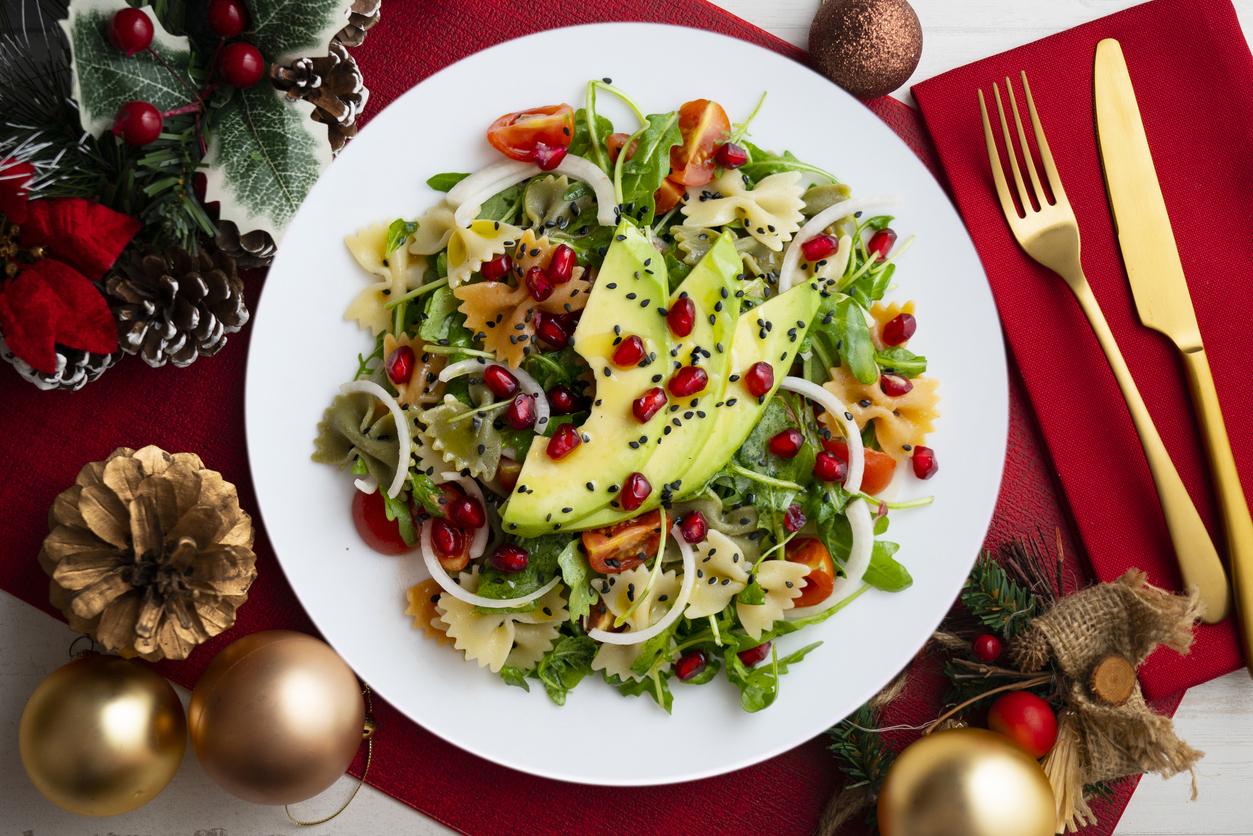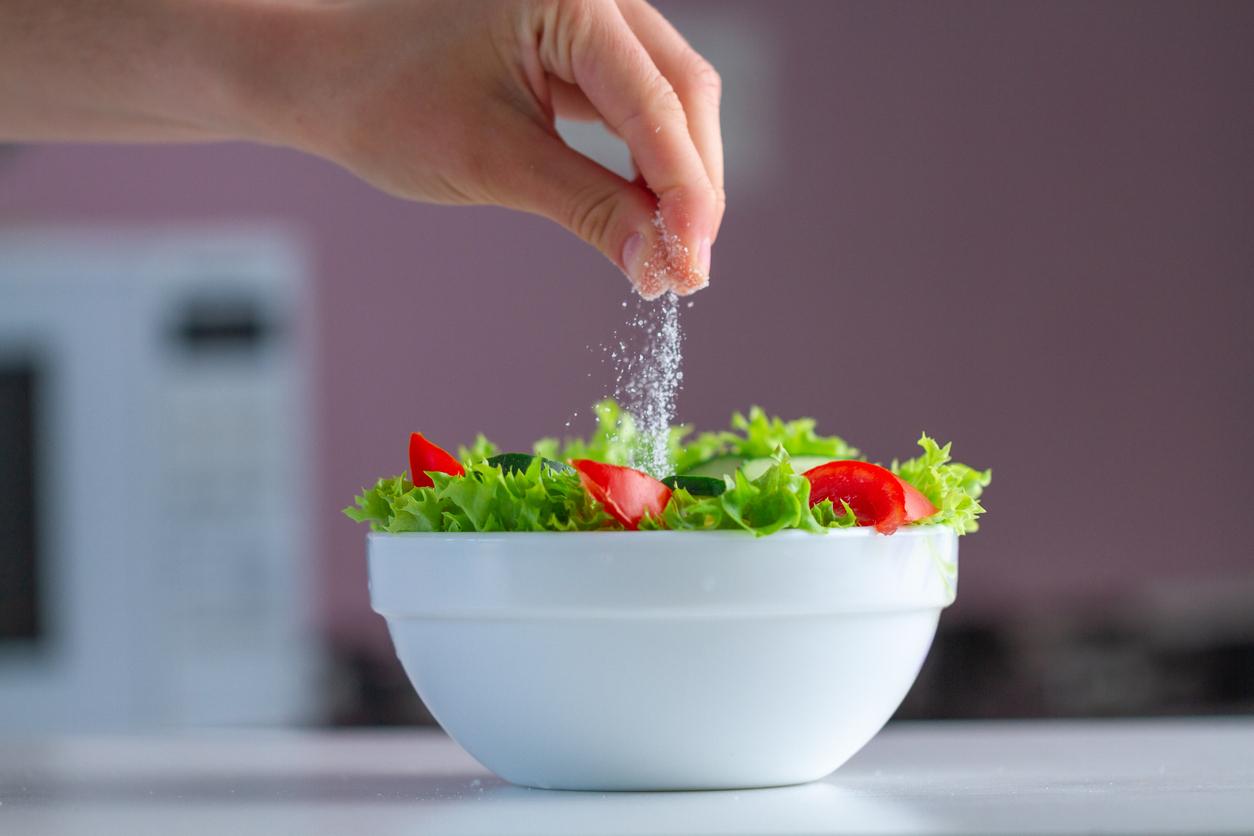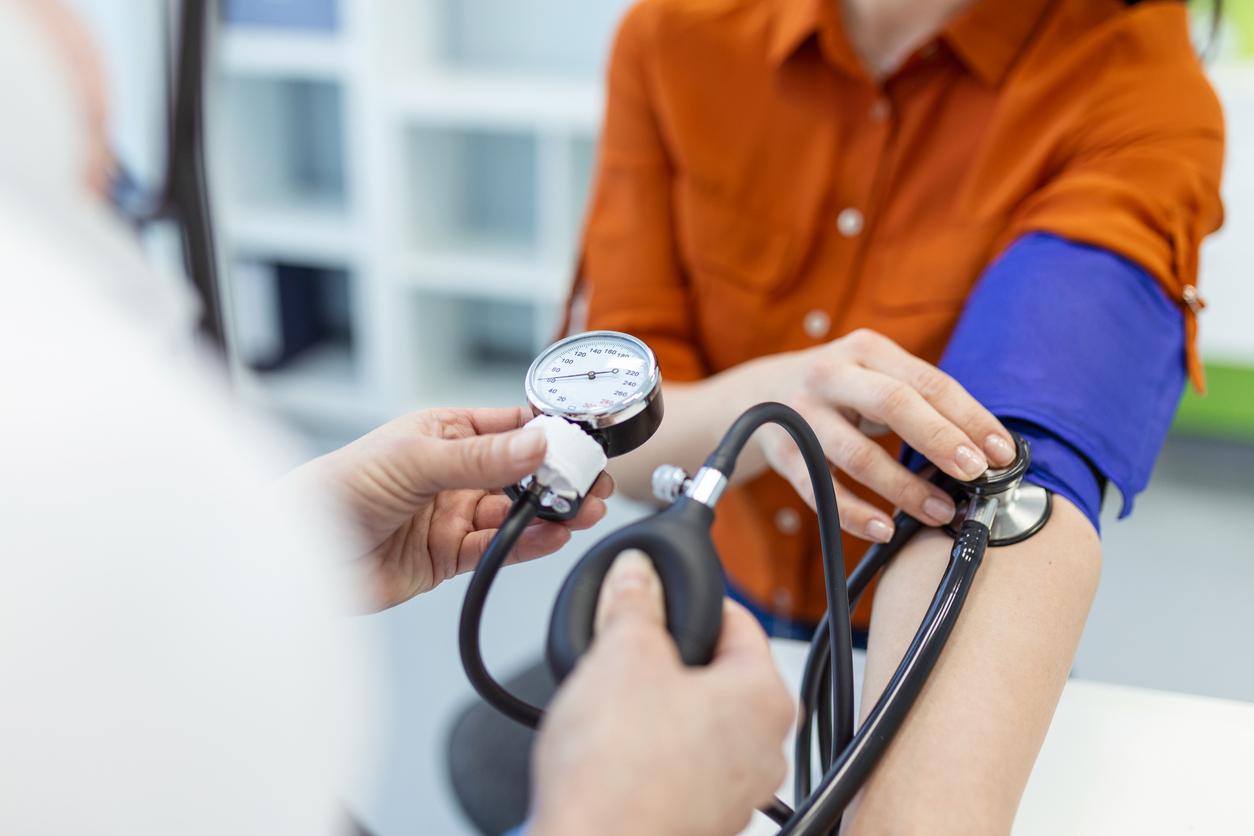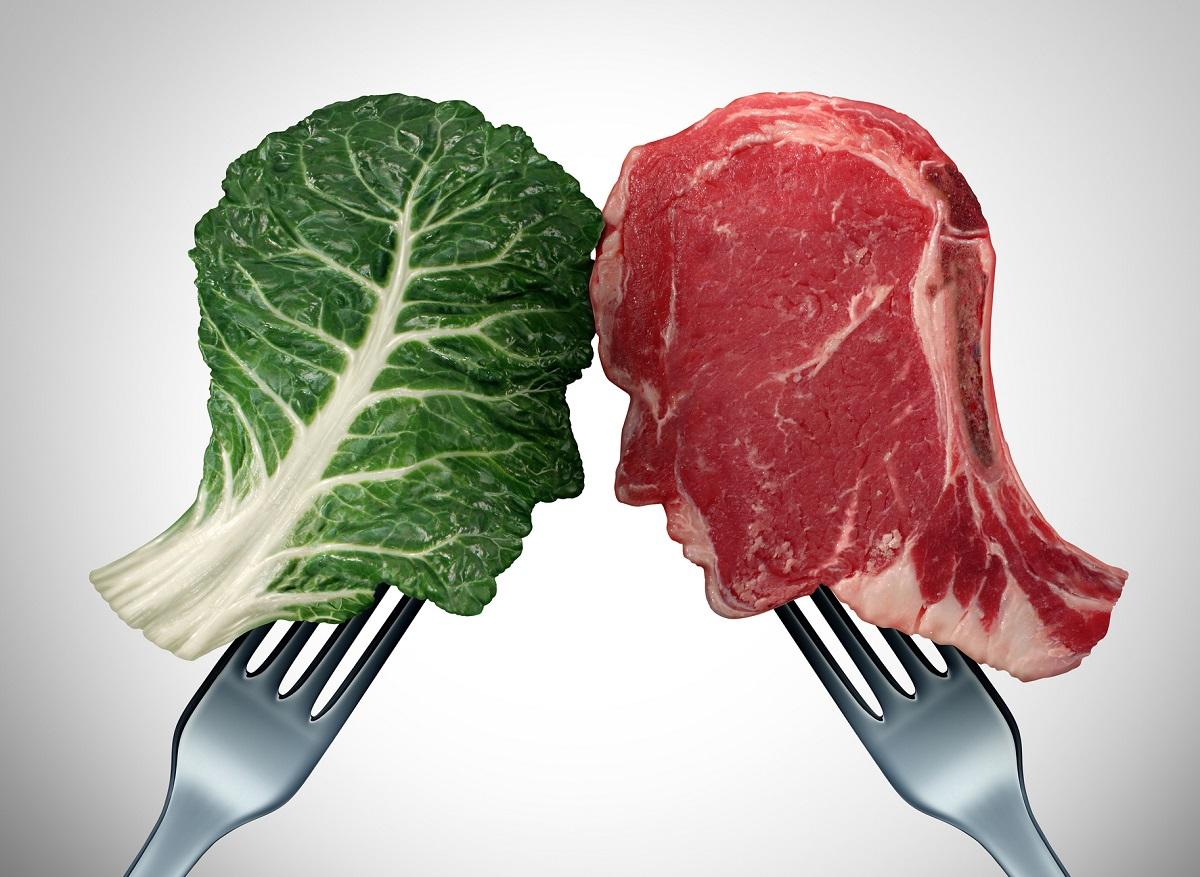High blood pressure (HBP) is a common condition that affects millions of people around the world. As explained by the French National Institute of Health and Medical Research (Inserm), the first measures to adopt are hygiene and dietary.

- Reduce your salt intake by avoiding processed foods and cooking with fresh produce.
- Limit added sugars by choosing fresh fruits and unsweetened beverages.
- Choose unsaturated fats over saturated fats and trans fatty acids to protect your arteries.
A healthy, balanced diet can play a crucial role in managing high blood pressure.
Salt: a formidable enemy
Salt, or more specifically sodium, is one of the main enemies of people with high blood pressure. Excessive sodium consumption can lead to water retention, increasing blood volume and putting pressure on artery walls. Common sources of sodium in our diet include processed foods, convenience foods, cold cuts, salty snacks, and even some baked goods.
It is crucial to read food labels carefully to identify those that contain high amounts of sodium. Opt for fresh, unprocessed foods whenever possible. When cooking, use herbs and spices to enhance the flavor of your dishes without adding salt. Potassium-based salt substitutes can also be a helpful alternative, but always consult your doctor before using them.
Added sugars and sugary drinks
Added sugars and sugary drinks are also to be avoided. High sugar consumption can contribute to obesity, a major risk factor for high blood pressure. Sodas, processed fruit juices, baked goods and other sweets are often high in added sugars. Excess sugar in the diet can also lead to insulin resistance and metabolic syndrome, further increasing health risks.
To reduce your sugar intake, opt for fresh fruits that contain natural sugars along with beneficial fiber, vitamins, and minerals. Also opt for unsweetened beverages like water, unsweetened tea, or herbal teas. Reducing sugar intake can have a significant positive impact on your weight and blood pressure.
Saturated fats and trans fatty acids
Saturated fats and trans fats raise blood cholesterol levels, which can damage arteries and raise blood pressure. Common sources of these fats include fatty meats, full-fat dairy products, fried foods, and processed foods. Trans fats, found in many baked goods and snack foods, are particularly harmful to cardiovascular health.
To protect your heart and arteries, choose sources of unsaturated fats such as oily fish (like salmon and mackerel), nuts, seeds and vegetable oils (like olive oil and canola oil). These healthy fats can help lower bad cholesterol (LDL) and raise good cholesterol (HDL), contributing to better cardiovascular health.
Caffeine and alcohol
Excessive consumption of caffeine and alcohol can also worsen high blood pressure. Caffeine can cause a temporary increase in blood pressure, especially in sensitive individuals. Beverages containing caffeine, such as coffee, tea, and energy drinks, should be consumed in moderation.
As for alcohol, moderate consumption is recommended, as excessive consumption can lead to permanent hypertension. It is advisable not to exceed one drink per day for women and two drinks per day for men. In excess, alcohol can also lead to liver problems, heart rhythm disorders and weight gain, all aggravating factors for hypertension.
Processed foods
Finally, ultra-processed foods, often high in additives, preservatives, salt and sugar, should be avoided. These foods include ready meals, industrial snacks, ready-made sauces and fast food products. These products can contain hidden amounts of salt and sugar, as well as poor quality fats, contributing to poor diet and increased hypertension.
Eating a diet based on raw, minimally processed foods is a great strategy for controlling your blood pressure. Prepare your meals with fresh, natural ingredients, and avoid pre-packaged products whenever possible. Not only will this help you manage your high blood pressure, it will also improve your overall health and well-being.
By adopting these lifestyle and dietary measures, you can take charge of your health and better manage your hypertension. A healthy and balanced diet is essential to maintain normal blood pressure and prevent complications associated with this condition. Take control of your diet and health today for a healthier tomorrow.











